Are you tired of waking up with a pounding headache and anxiety after a night of heavy drinking? If so, it’s time to embark on a transformative journey towards a better life—one free from the grip of alcohol. In this blog, we’ll delve into powerful strategies and practical tips to not just quit drinking but elevate your well-being and reclaim control over your life.
The Significance of Abandoning Alcohol
The impact of alcohol addiction on physical and mental health, relationships, and overall well-being cannot be understated. Acknowledging the importance of quitting alcohol is the initial step towards crafting a healthier and more fulfilling life. By removing alcohol from your life, you pave the way for enhanced physical health, emotional stability, and a renewed sense of purpose.
Quitting alcohol will have a positive influence beyond yourself, and extend into the lives of those around you. Loved ones will no longer bear the weight of worrying about your well-being, and you will become a source of inspiration for others working through alcohol addiction. Seize control, make a commitment to yourself, and embrace a future unburdened by alcohol.
The Advantages of Embracing Sobriety
The benefits of giving up alcohol are vast and profound. Not only will you witness improvements in physical health, including better sleep, heightened energy levels, and an improved immune system, but you will also experience profound changes to your mental and emotional well-being.
A liberated mind, devoid of alcohol’s influence, empowers you to make sound decisions and concentrate on your goals. Relationships will thrive with improved communication and deeper connections. Furthermore, quitting alcohol can lead to significant financial savings, freeing you from the loss of income associated with alcohol consumption and its aftermath.
Navigating the Challenges of Sobriety
Quitting alcohol is no easy feat, and it’s crucial to comprehend the hurdles that lie ahead. Managing withdrawal symptoms, which can range from mild to severe, requires a proactive approach, especially depending on the severity of your addiction.
Common withdrawal symptoms include anxiety, irritability, insomnia, nausea, and in severe cases, hallucinations. Seek professional assistance or join a support group to navigate these challenges safely. Remember, you’re not alone—resources are available to support you every step of the way.
Crafting a Strategic Plan for Sobriety
A well-thought-out plan is paramount for success in your journey to quit drinking. Establish achievable, SMART goals, breaking down the overall objective into manageable steps. Gradually reduce alcohol intake or set a specific date for complete cessation.
Identify triggers and situations that might tempt you to drink, and find strategies to avoid or cope with them. Surround yourself with a supportive network, seeking professional help if necessary. With a well-thought-out, crafted plan, you pave the way for a successful journey towards sobriety.
Seeking Support and Resources During Recovery
The journey to quit drinking should be a journey surrounded by community and support. Reach out to friends and family, sharing your decision to quit. Their understanding and encouragement can play a pivotal role in your success. For a more discreet support system, consider joining local or online groups dedicated to alcohol addiction to connect with others in similar situations.
Numerous resources, including books, podcasts, and websites, offer valuable insights, practical tips, and motivational stories. You don’t have to face this challenge alone—help is readily available with just a call or click away.
Strategies for Overcoming Cravings and Withdrawal Symptoms
Effectively managing cravings and withdrawal symptoms is crucial to maintaining sobriety. When cravings emerge, engage in healthy distractions such as exercise, meditation, or finding new enjoyable hobbies. Explore alternative beverages that offer a sensory experience without the alcohol content.
To combat withdrawal symptoms, ensure adequate rest, maintain a balanced diet, and stay hydrated. Incorporate relaxation techniques like deep breathing or yoga into your routine. Consult healthcare professionals if needed, exploring medication options to manage withdrawal symptoms effectively.
Cultivating Healthy Coping Mechanisms and Habits
Quitting alcohol involves more than breaking a habit—it’s about replacing it with healthier coping mechanisms. Identify the root causes of your drinking and explore alternative ways to address those issues. Therapy and support groups can help you identify your triggers, as well as find more positive coping skills. Embrace activities that bring joy and fulfillment, be it pursuing hobbies, connecting with nature, or spending time with loved ones.
Establish a routine supportive of sobriety, incorporating regular exercise to release endorphins and promote a positive mindset. Prioritize self-care through relaxation, sleep, and activities that are nurturing to your mental well-being. Remember, developing healthy coping mechanisms is a gradual process, requiring patience throughout.
Sustaining Sobriety and Preventing Relapse
Maintaining sobriety is a lifelong commitment. Recognizing potential triggers or situations that may tempt you to drink can ensure you avoid these situations or have a coping mechanism when they do arise. Surround yourself with a robust support network of friends, family, or fellow individuals on the path to recovery.
In the event of a relapse, view it as a learning opportunity rather than a setback. Seek support, reassess strategies, and dedicate yourself to your sobriety to prevent future relapses. Setbacks are part of the journey; stay focused on long-term goals.
Celebrating Achievements and Acknowledging Progress
As you progress on your journey to quit drinking, celebrating milestones and acknowledging your achievements can keep you focused on your long-term goals. Whether it’s a day, a week, or a year of sobriety, each milestone is a commendable feat. Treat yourself, engage in a favorite activity, or share your success with your support network. Celebrating milestones reinforces your commitment and motivates the ongoing journey.
Embracing a Healthier, Happier Life Without Alcohol
Quitting drinking is a challenging journey, but with the right mindset, support, and strategies, it is entirely possible. Recognize the significance, understand the challenges, and create a well-crafted plan to gain control of your life. Surround yourself with a strong support network, seek professional assistance if needed, and cultivate healthy coping mechanisms. Celebrate milestones, stay committed, and embrace a life free from the burden of alcohol addiction. The road to sobriety may be challenging, but the rewards are immeasurable. Begin your journey today and welcome a life of lasting sobriety.


